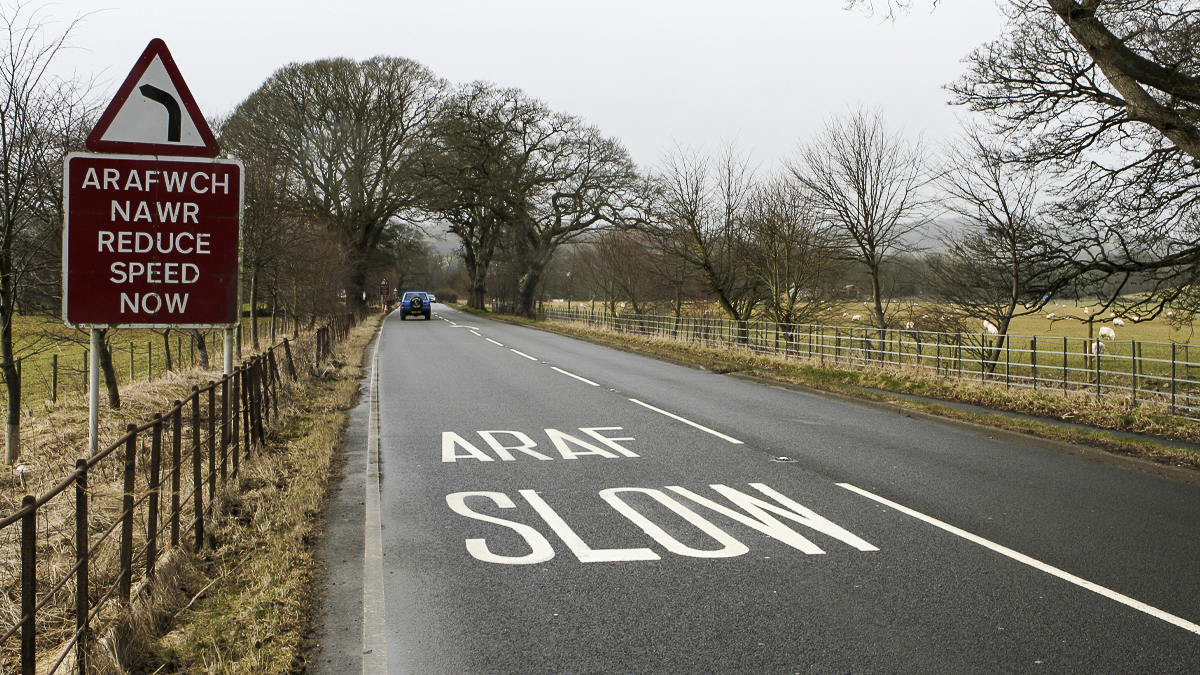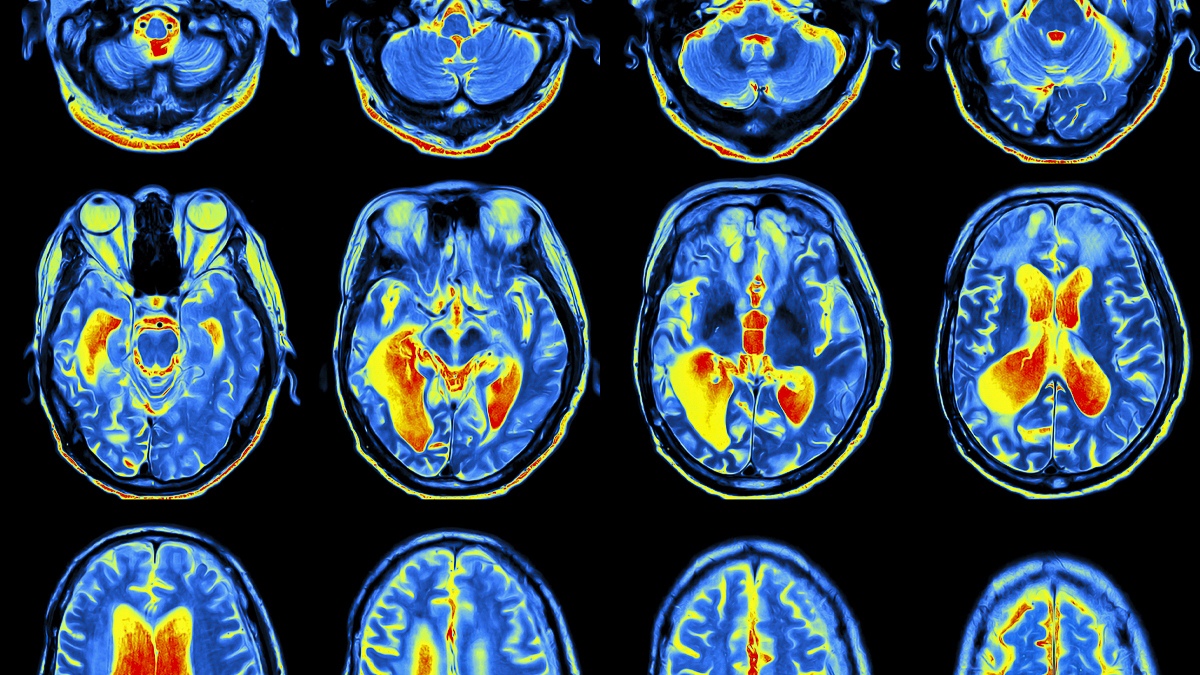Christiana's research feeds directly into her teaching through the Sociolinguistics module in Year 2.
"I think students are very excited about sociolinguistics because they can understand how language is used in the society by exploring aspects that directly relate to them in real life. From the power of the media, to how people speak differently from one another, to how languages are used on signs and walls to divide or unify people, to how people mix different languages when they speak or write.”
"I want students to go out into the community and talk to real people who speak different languages, to conduct interviews, or take photos of multilingual signs and then develop and present their work in creative ways”.
Christiana asks students to collect their own data in groups and to create their own website or poster presenting their findings. Through this process students gain valuable skills in conducting research, working as part of a group and presenting their work in front of an audience. All these skills are essential for future employment.
"These tasks help students develop their knowledge and insights into Sociolinguistics but also enable them to develop valuable skills for their future."



